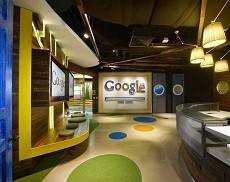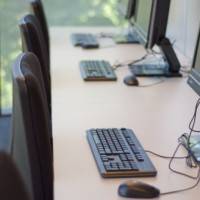March 23, 2015
Property investors favour sustainable buildings, claims report
 Property owners could make a greater return on their investments if they improved the sustainable credentials of their buildings, according to a new report published by CBRE. According to the study of 280 investors published in the Investor Intentions Survey 2015, a growing number are taking into account environmental considerations which they consider have a direct influence on the returns and value of their assets. Nearly three-quarters (70 percent) believe sustainability is either a critical or desirable criterion when making investment decisions with only 15 percent claiming that “sustainability is not a significant consideration in selecting assets to buy”. The report’s authors claim that while the property industry has been seeking evidence of the financial benefits of sustainable buildings for some time, this has been difficult to define given the complex factors that influence transaction prices.
Property owners could make a greater return on their investments if they improved the sustainable credentials of their buildings, according to a new report published by CBRE. According to the study of 280 investors published in the Investor Intentions Survey 2015, a growing number are taking into account environmental considerations which they consider have a direct influence on the returns and value of their assets. Nearly three-quarters (70 percent) believe sustainability is either a critical or desirable criterion when making investment decisions with only 15 percent claiming that “sustainability is not a significant consideration in selecting assets to buy”. The report’s authors claim that while the property industry has been seeking evidence of the financial benefits of sustainable buildings for some time, this has been difficult to define given the complex factors that influence transaction prices.























April 12, 2015
A preview of this year’s Milan International Furniture Fair 0
by Justin Miller • Comment, Events, Furniture, Workplace design
(more…)